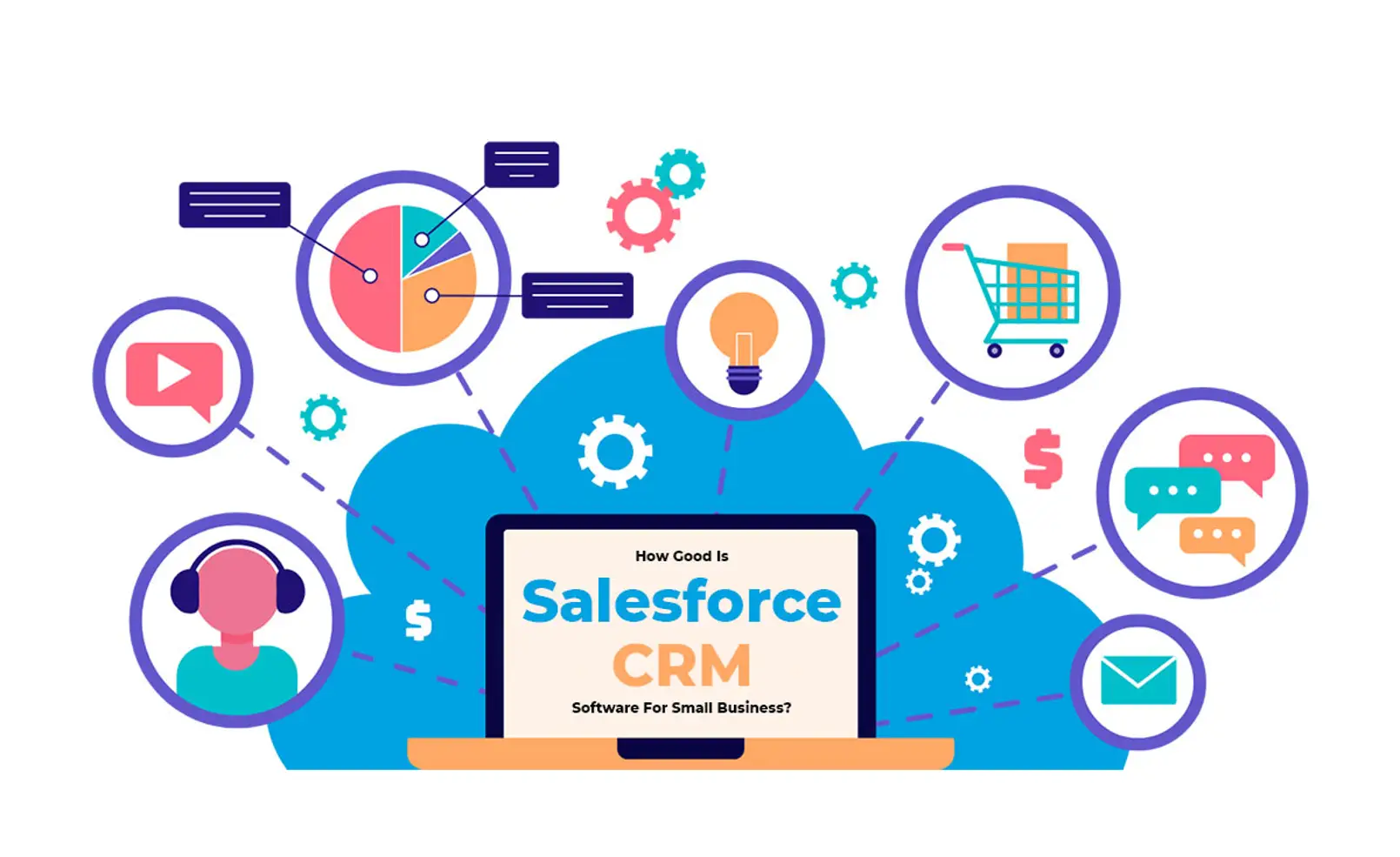Running a small business often means wearing multiple hats—sales, marketing, customer service, and operations all at once. Managing all these aspects manually can quickly become overwhelming. That’s where a CRM system for small business comes in.
A Customer Relationship Management (CRM) system helps streamline your workflow, manage leads effectively, and improve customer satisfaction through data-driven insights.
In today’s digital-driven market, having the right CRM tool can make a huge difference between thriving and merely surviving.
With automation, analytics, and customer tracking features, a good CRM allows small businesses to compete with larger companies by offering personalized service at scale.
This article explores what makes a CRM system essential for small businesses, how to choose the right one, and which tools stand out in 2025.
What is a CRM System for Small Business?
A CRM system for small business is a software tool designed to help manage customer interactions, sales pipelines, and marketing campaigns in one unified platform.
Unlike enterprise-level CRMs that can be overly complex and costly, small business CRMs are simpler, more affordable, and easier to use.
These systems store customer contact information, track communication history, and help manage tasks such as follow-ups, lead nurturing, and reporting.
Many modern CRMs also integrate with email marketing tools, social media platforms, and e-commerce systems to provide a complete overview of customer engagement.
Benefits of Using a CRM System for Small Business
Implementing a CRM system can deliver measurable benefits that improve both productivity and customer satisfaction.
Below are some of the most significant advantages:
- Centralized Data Management: All customer details are stored in one place, reducing the risk of data loss or duplication.
- Enhanced Customer Relationships: Gain insights into customer preferences and behavior to deliver personalized service.
- Increased Sales Efficiency: Automate repetitive tasks and focus more on closing deals.
- Improved Team Collaboration: Everyone has access to updated customer data, improving coordination between departments.
- Accurate Reporting and Forecasting: Real-time dashboards help track performance and predict sales trends.
Top CRM Systems for Small Businesses in 2025
Here’s a quick comparison of some of the best CRM systems suited for small business needs in 2025.
| CRM System | Key Features | Best For | Starting Price (per month) |
|---|---|---|---|
| HubSpot CRM | Free plan, contact tracking, email marketing integration | Beginners and startups | Free – $30 |
| Zoho CRM | Workflow automation, analytics, multichannel support | Growing small businesses | $14 |
| Pipedrive | Visual sales pipeline, customizable stages | Sales-focused teams | $21 |
| Freshsales | AI-powered insights, automation, lead scoring | Service-oriented businesses | $18 |
| Salesforce Essentials | Comprehensive CRM suite, mobile app, automation | Businesses scaling fast | $25 |
How to Choose the Right CRM for Your Business
Selecting the best CRM system depends on your specific goals, team size, and budget.
Consider the following when choosing:
- Ease of Use: A simple and intuitive interface ensures faster adoption among your team.
- Integration Options: Check if the CRM can connect with tools you already use, such as Gmail, Slack, or accounting software.
- Scalability: Choose a system that can grow with your business.
- Automation Capabilities: Automate repetitive tasks like email follow-ups and reporting.
- Support and Training: Reliable customer support is essential for small teams with limited tech expertise.
Tips for Maximizing Your CRM System
To get the most out of your CRM system for small business, follow these best practices:
- Train Your Team: Ensure everyone understands how to use the system effectively.
- Keep Data Clean: Regularly update and verify customer information.
- Automate Routine Tasks: Use built-in workflows to reduce manual work.
- Track Key Metrics: Monitor performance indicators like conversion rates, lead response time, and customer retention.
- Gather Feedback: Continuously optimize your CRM setup based on user feedback and evolving needs.
Conclusion
A well-implemented CRM system for small business is more than just software—it’s a growth engine. By streamlining communication, automating processes, and improving customer relationships, small businesses can achieve efficiency and consistency that were once reserved for large corporations.
If you’re ready to take your business to the next level, explore a CRM that fits your workflow, team size, and goals.
Start small, experiment with free trials, and you’ll quickly see how a good CRM becomes the backbone of your customer management strategy.
Frequently Asked Questions (FAQ)
1. What is the main purpose of a CRM system for small business?
The main purpose is to organize customer data, automate sales and marketing tasks, and improve customer relationships.
2. Is CRM software expensive for small businesses?
Not necessarily. Many CRM tools like HubSpot and Zoho offer free or low-cost plans designed specifically for small teams.
3. Can a CRM system integrate with other business tools?
Yes, most modern CRMs integrate with email, accounting, project management, and marketing platforms.
4. How long does it take to set up a CRM?
Setup time varies, but most small business CRMs can be configured in a few hours to a couple of days, depending on data size and customization needs.
5. Which CRM is best for startups?
HubSpot CRM is often recommended for startups due to its user-friendly interface, robust free plan, and integration flexibility.
6. Can a CRM system help increase sales?
Absolutely. By tracking leads, automating follow-ups, and analyzing performance data, a CRM helps convert more prospects into customers.
Would you like me to tailor this article for a specific country or type of small business (e.g., e-commerce, service-based, B2B)? That can improve its SEO performance even further.
